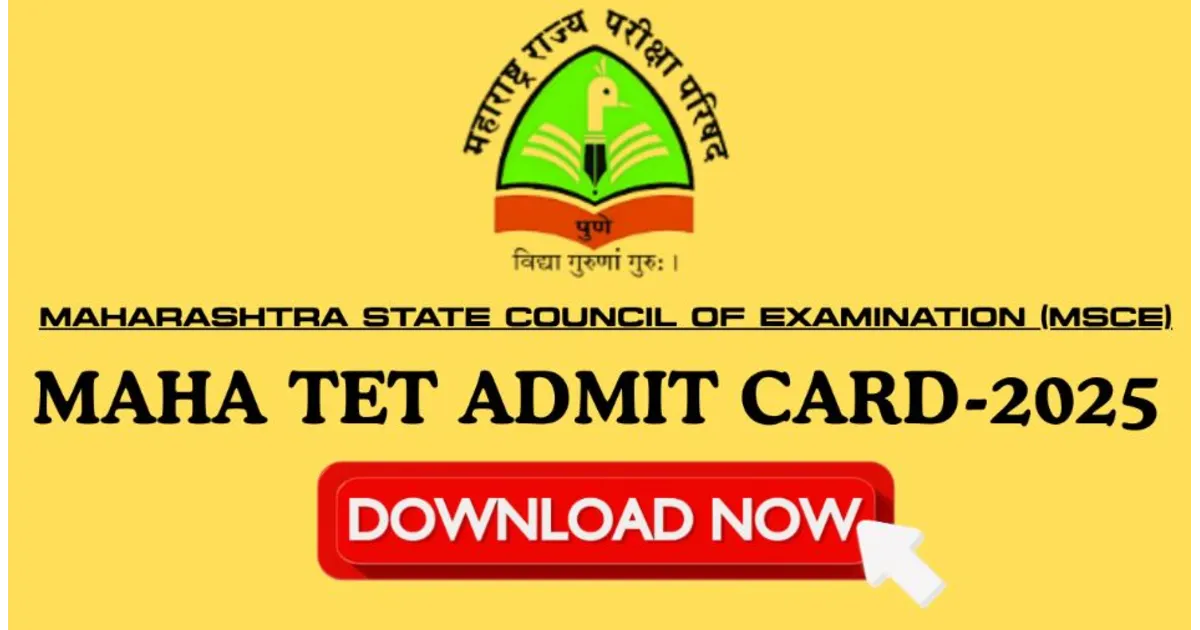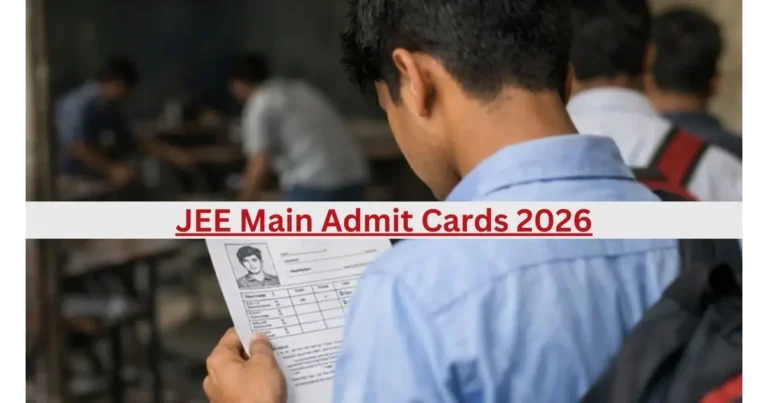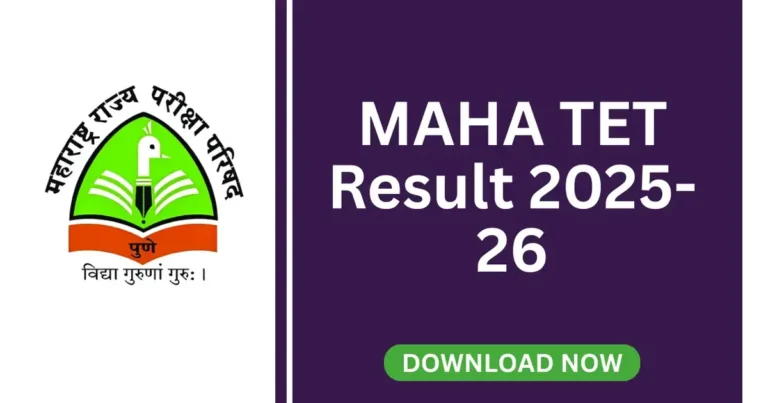
MSCE Pune Opens Admit Card Download for MAHA TET 2025
The Maharashtra State Council of Examination (MSCE), Pune, has officially released the admit cards for the Maharashtra Teacher Eligibility Test (MAHA TET) 2025. Candidates appearing for the exam can now access and download their hall tickets directly from the official website, mahatet.in.
Exam Schedule and Timings
The MAHA TET 2025 is slated for November 23, 2025, and will be conducted in two sessions:
- Paper 1: 10:30 AM to 1:00 PM
- Paper 2: 2:30 PM to 5:00 PM
This examination acts as a qualifying benchmark for individuals seeking teaching positions in schools across Maharashtra.
Teacher Community Raises Concerns Over Supreme Court Ruling
The admit card release comes at a time of heightened discussion within the state’s teaching community. During a recent joint meeting of teachers’ organisations at Raosaheb Patwardhan Vidyalaya and Junior College in Pune, unions requested the Maharashtra government to file a review petition against a recent Supreme Court decision. They also urged coordination with the Centre to address the ruling’s implications.
Supreme Court Mandates TET for Eligibility
The Supreme Court ruling requires both aspiring and in-service teachers to clear the TET to remain eligible for teaching roles or promotions. However, exemptions have been outlined:
- Teachers appointed before the implementation of the RTE Act with fewer than five years of service remaining.
- Teachers in minority institutions, pending a larger bench ruling on the RTE Act’s applicability to these schools.
Impact on Maharashtra’s Teaching Workforce
According to legislative sources, around 70–75% of Maharashtra’s teachers will need to qualify the TET within the next two years. Failure to comply could lead to termination from service, although retirement benefits will still be available if the minimum service conditions are met.
Significance of MAHA TET 2025
The 2025 edition of MAHA TET carries heightened importance for both new aspirants and thousands of in-service educators. Beyond serving as an entry-level eligibility test, it now plays a critical role in determining career progression and job security within the state’s education system.






